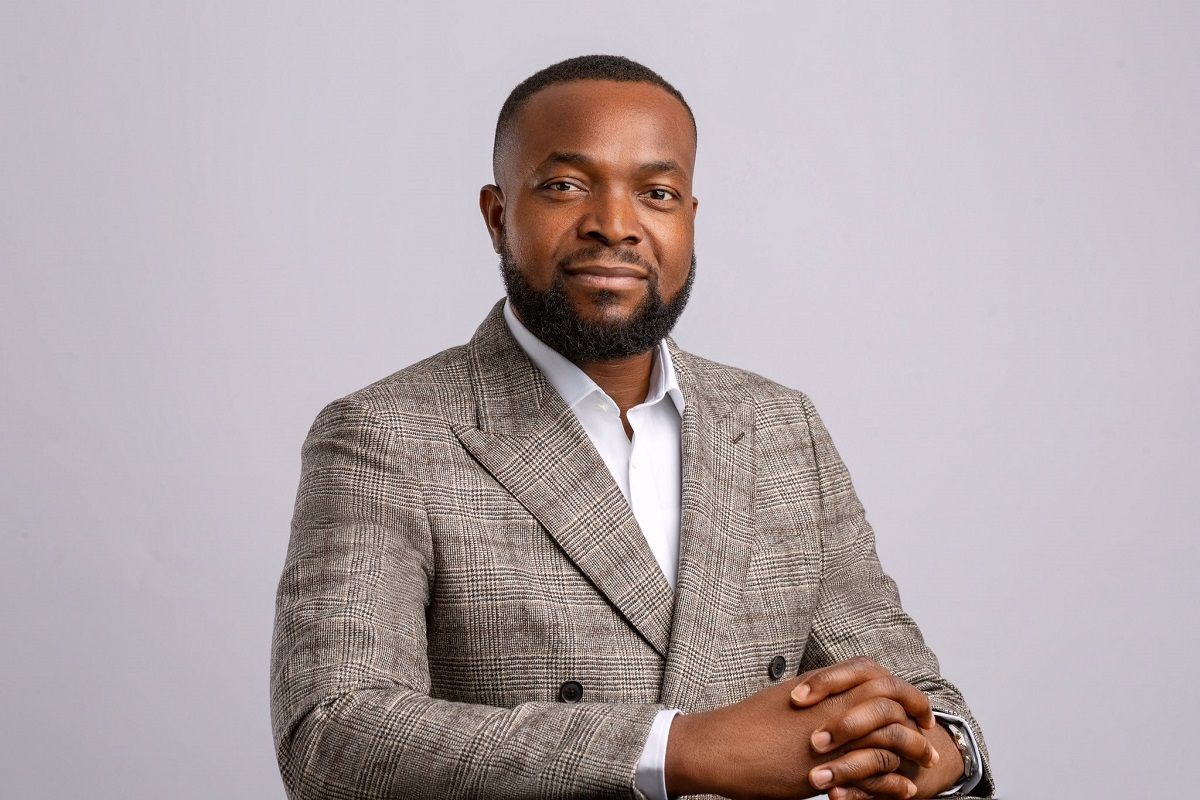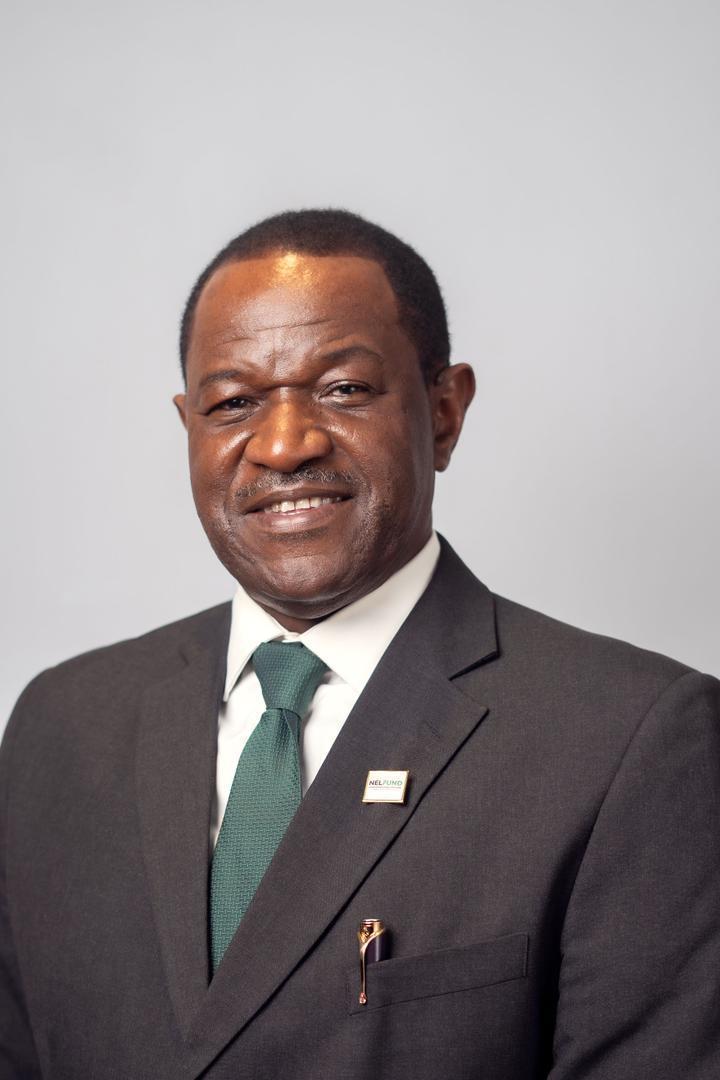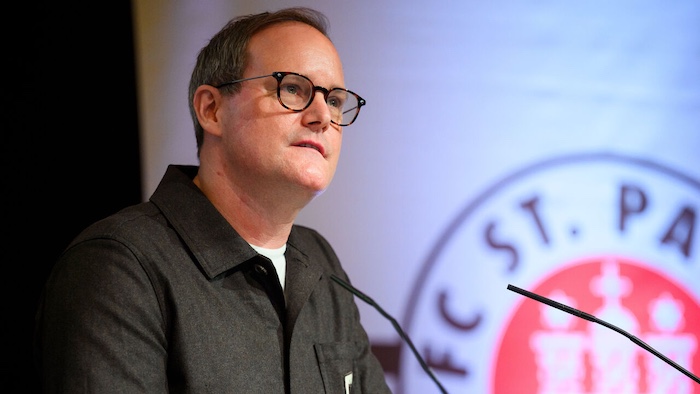
Tijani says satellite-powered connectivity will support telemedicine expansion as NDPC warns digital health providers on data protection compliance
The Federal Government says it is working to provide internet access to at least 20 million Nigerians by leveraging satellite infrastructure from the Nigerian Communications Satellite Limited (NigComSat).
The Minister of Communications, Innovation and Digital Economy, Bosun Tijani, disclosed this on Tuesday during a public–private sector stakeholders’ roundtable organised by AI-powered telemedicine platform MySmartMedic. He was represented at the event by the Director of the National Centre for Artificial Intelligence and Robotics (NCAIR), Ajala Olubumi.
The initiative comes weeks after NigComSat announced plans to generate N8 billion over the next three years by expanding its broadband coverage nationwide.
Satellite Connectivity to Bridge Access Gaps
Olubumi noted that the success of telemedicine and other emerging digital services depends heavily on reliable internet access, a challenge that the government aims to address through satellite technology.
“For technology like this to truly deliver transformation, we must have connectivity. And we still have about 20 million Nigerians that have no access to the internet,” he said. “We’re leveraging NigComSat to beam internet to underserved locations because Nigeria is one of the few countries in West Africa with its own satellite.”
NDPC Warns Telemedicine Operators on Privacy Compliance
The National Commissioner/CEO of the Nigeria Data Protection Commission (NDPC), Vincent Olatunji, also used the forum to caution Health Maintenance Organisations and telemedicine platforms on the need to embed data protection into the core architecture of their systems.
Represented by Barrister Alexander Onwe, Olatunji said digital healthcare expansion must align with the Nigeria Data Protection Act (NDPA) 2023, stressing that the migration to electronic medical records, remote diagnostics, AI-driven tools, and mobile outreach must not expose users to privacy risks.
Onwe said operators must obtain explicit and unambiguous consent from patients, collect only essential data, store it for the minimum period required, and use it only for the purposes communicated to users.
He added that because many telemedicine solutions rely on cross-border cloud servers or foreign technology partners, platforms must consult the NDPC for authorised safeguards before transferring any personal data overseas.
Telemedicine’s Growing Role in Nigeria
Founder of MySmartMedic, Chuks Ekweme, told journalists that the platform aims to close healthcare gaps by enabling doctors to provide consultations remotely, especially important given Nigeria’s doctor-to-patient ratio of 1:4,000, far below the WHO-recommended standard.
Ekweme said telemedicine remains an essential tool for universal health coverage and should be supported to reach both urban and rural communities.
Global Telemedicine Outlook
A 2023 report by Emergen Research estimates that the global telemedicine market will grow from $84 billion in 2022 to $450 billion by 2032, driven by rising demand for remote care, expanding smartphone penetration, technological advancements in AI and IoT, and government-backed digital health initiatives.
Experts note that although Nigeria’s private sector currently delivers more than 60% of healthcare services, its reach remains uneven, largely urban-centred and inaccessible to many rural and low-income populations. Telemedicine, they say, offers an opportunity to bridge this gap if connectivity, regulation, and investment improve.



